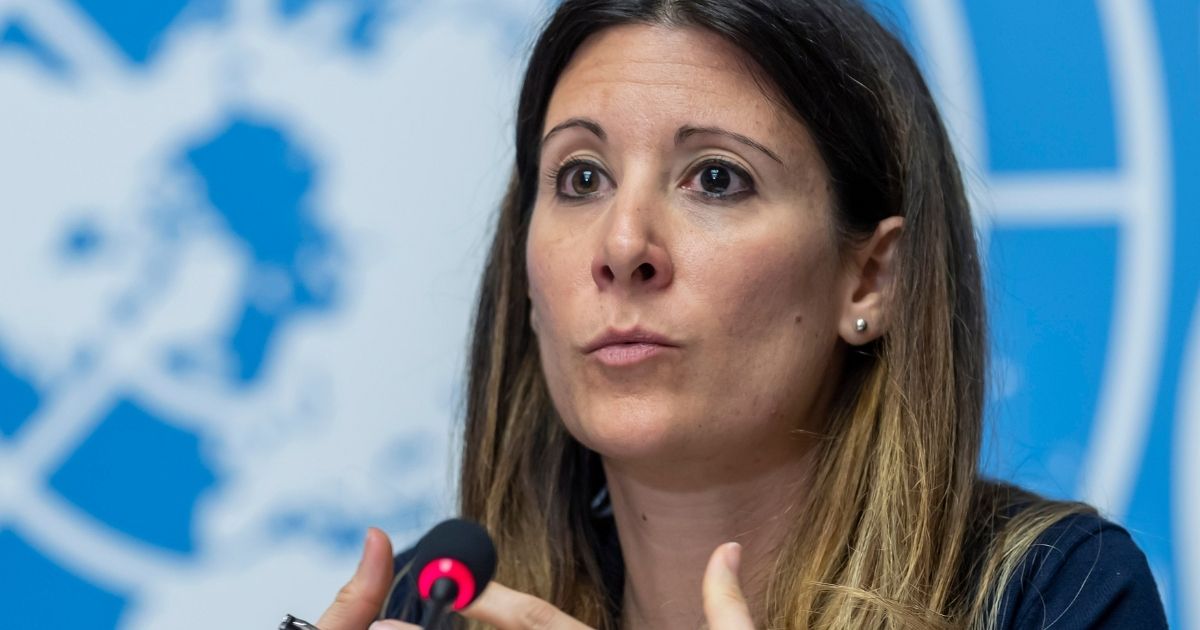
World Health Organization's Message for the Holidays: 'Don't Hug Each Other'
The World Health Organization has an unwelcome, but potentially life-saving message for the holiday season: Don’t hug.
To stop the spread of the coronavirus, WHO’s emergencies chief said Monday that the “shocking” rate of COVID-19 cases and deaths, particularly in the U.S., means that people shouldn’t get too close to their loved ones this year.
“The epidemic in the U.S. is punishing. It’s widespread,” said Dr. Michael Ryan. “It’s quite frankly, shocking, to see one to two persons a minute die in the U.S. — a country with a wonderful, strong health system (and) amazing technological capacities,” he said.
At the moment, the U.S. accounts for a third of all COVID-19 cases in the world, Ryan added. According to Johns Hopkins University, the country has recorded more than 280,000 coronavirus deaths to date.
The U.S. has a population of about 328.2 million people, according to the United States Census.
Ryan was responding to a question during a news conference about whether hugs could be considered “close contact” — which the U.N. health agency has generally advised against in areas of high coronavirus transmission.
Maria Van Kerkhove, WHO’s technical lead on COVID-19, said most transmission happens among people who tend to spend a lot of time together sharing meals and indoor spaces, in workplaces or homes — but it’s sometimes hard to “disentangle” how exactly the virus was spread.
“It’s a horrible thing to think that we would be here as the World Health Organization saying to people, ‘Don’t hug each other.’ It’s terrible,” Ryan added.
“That is the brutal reality in places like the United States right now.”
In November, U.K. chief medical officer Chris Whitty also told Britons that they shouldn’t hug or kiss their elderly relatives during this year’s holiday season “if you want them to survive to be hugged again.”
WHO’s director of vaccines, Dr. Kate O’Brien, warned that while new immunization campaigns to combat COVID-19 should help slow the pandemic, “having vaccines is not going to be a switch” that means an automatic end to the pandemic.
Last week, Britain became the first Western country to approve the experimental shot developed by Pfizer and BioNTech; the country is poised to start vaccinating its highest-risk populations on Tuesday in its biggest-ever immunization campaign.
O’Brien said that people who have concerns about receiving a COVID-19 vaccine developed in less than a year should learn more about the science, calling such worries “really legitimate questions.”
Did you know that The Western Journal now publishes some content in Spanish as well as English, for international audiences? Click here to read this article on The Western Journal en Español!
The Western Journal has reviewed this Associated Press story and may have altered it prior to publication to ensure that it meets our editorial standards.
Truth and Accuracy
We are committed to truth and accuracy in all of our journalism. Read our editorial standards.
Advertise with The Western Journal and reach millions of highly engaged readers, while supporting our work. Advertise Today.












